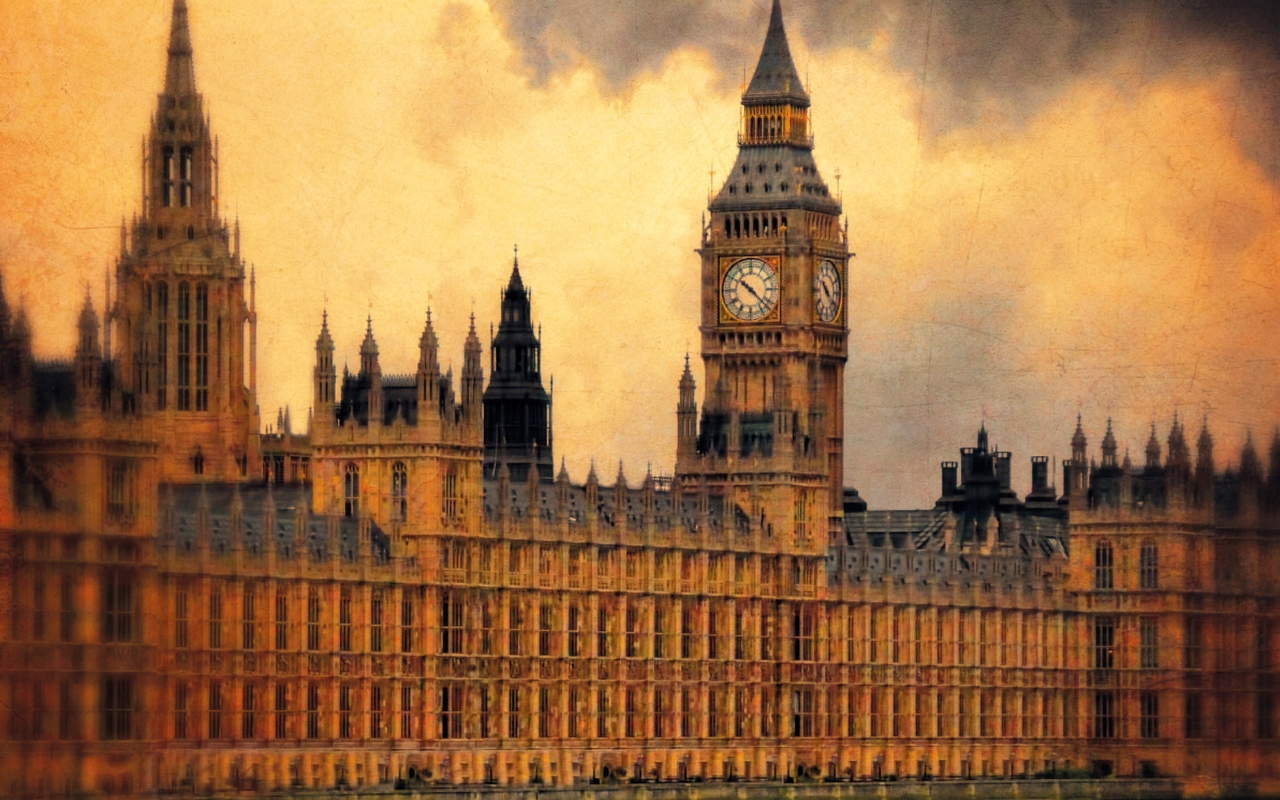April 24 – The Premier League has again cautioned about the potential risks associated with the establishment of an independent regulator for English football.
With the Football Governance Bill undergoing its second reading in the British Parliament in March, Premier League chief executive Richard Masters emphasised the importance of thorough scrutiny of the bill’s particulars by lawmakers.
The legislation would grant powers to a body, independent of government and football authorities, to oversee clubs in England’s top five men’s tiers.
“Very few industries welcome additional regulation but it is here and we will continue to engage with it positively,” said Masters.
“We are an incredibly successful industry. But it is not just the Premier League, right down through the pyramid, we have got fantastically successful leagues. It (a regulator) is a first. We can’t look to Germany or Spain or France and say, ‘Well, we can see it working’.
“We are taking a big risk with a very successful industry and so we’re asking MPs and peers to look at the Bill very carefully… and make sure that all of football benefits from it, and we don’t bump into unintended consequences.”
The introduction of the Football Governance Bill, which includes the establishment of an independent regulator, was described as a “historic moment” by British Prime Minister Rishi Sunak.
The regulator’s responsibilities include establishing a licensing system for the top five tiers of English football. Clubs must meet criteria concerning financial stability, owner suitability, fan involvement, and safeguarding club heritage, such as badges, kit colours, and stadia.
Additionally, the regulator will have authority to enforce a redistribution agreement between the Premier League and Football League in case of failure to reach a mutual agreement, which Masters strongly opposes.
“We have been negotiating with the English Football League (EFL) for over a year with a generous package on top of what we already do – and that remains in place,” he said.
“I don’t want this backstop power to ever be used, it is unnecessary. Since 2007, we have been bilaterally agreeing more generous deals with the EFL.”
Both the Premier League and National League (fifth tier and not part of the EFL) said a heavily amended Bill could damage the ‘dynamism, competitive balance and success of the English pyramid’.
National League general manager Mark Ives said he was concerned by additional bureaucracy.
“The game is not in a mess,” he said. “So allow the people to deal with it appropriately and if we are not doing it in the right way, then let the regulator step in.
“Otherwise you will put too much burden on the clubs and it will be damaging to them.”
Contact the writer of this story, Harry Ewing, at moc.l1751316326labto1751316326ofdlr1751316326owedi1751316326sni@g1751316326niwe.1751316326yrrah1751316326

